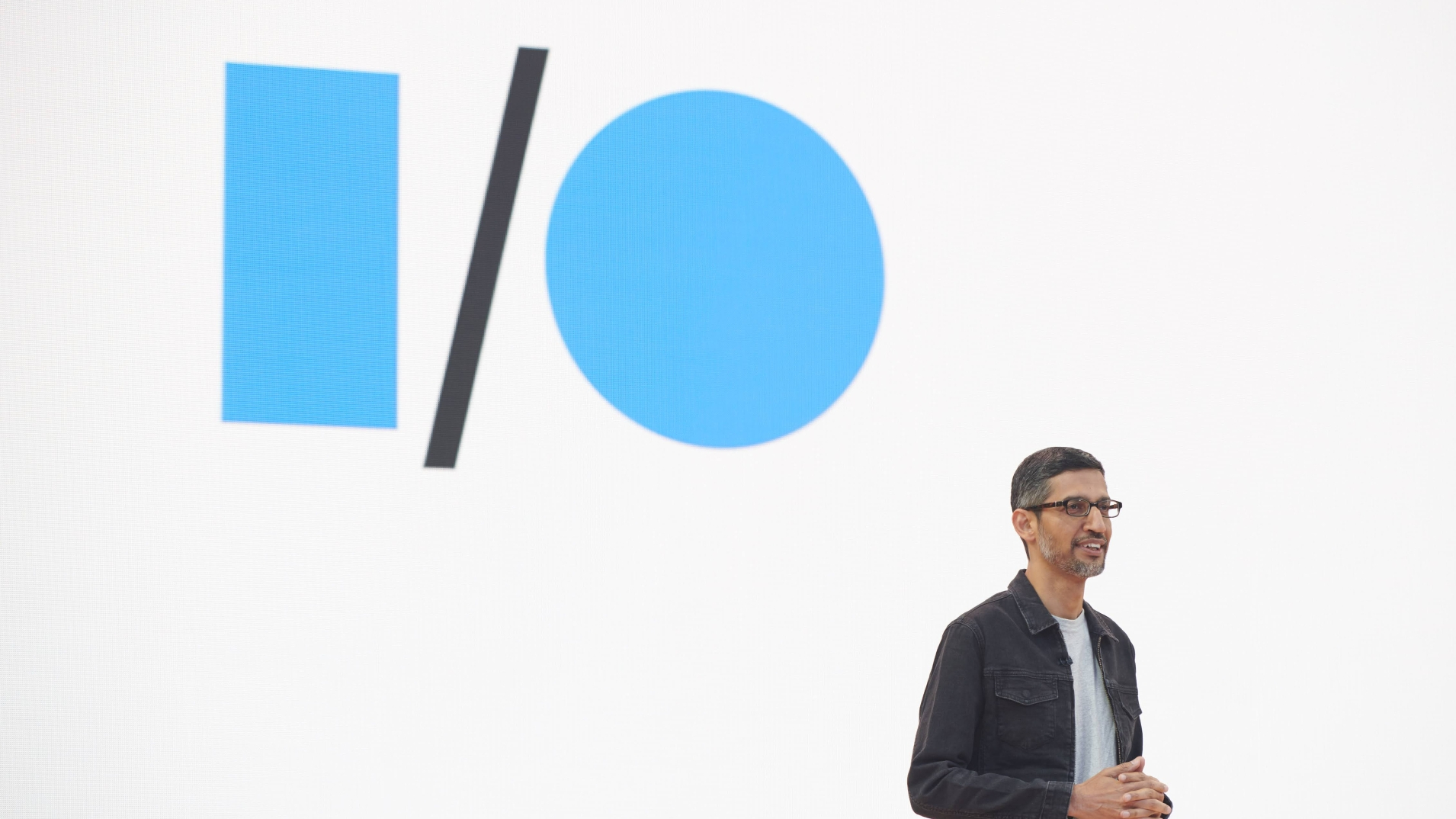
Of the many tech events to occur each year, Google I/O is among the most exciting, particularly for Android and Pixel fans. This year's Google I/O 2023 event should be no different, with a number of devices expected to make appearances at the event and the recent boom of AI chatbots undoubtedly getting Google riled up.
The event will kick off on May 10, 2023, where the company will host a live keynote and a number of sessions and workshops that users can pop in and out of. The event will give us the best idea of what Google has in store for Android, Search, AI, and tons more. The company is also expected to post a schedule ahead of the event, which should provide some early insight into the updates Google has in store.
Below are some of the biggest announcements we expect the company to make at Google I/O 2023.
How to watch Google I/O
The Google I/O 2023 keynote will kick off the event on May 10, where we will likely see CEO Sundar Pichai and a number of Google executives showing off some of the company's highlights for the year. The keynote will likely be available on the I/O website, but like last year, Google will probably livestream it on YouTube, where other sessions will likely be available.
Excited that this year's #GoogleIO will be on May 10, live from Shoreline Amphitheatre in Mountain View and online at https://t.co/sWxfPsVvJi pic.twitter.com/QtNXE6wjl5March 7, 2023
Unfortunately, there will be a limited live audience, so not just anyone will be able to head over to the Shoreline Amphitheater to watch.
How to register for Google I/O
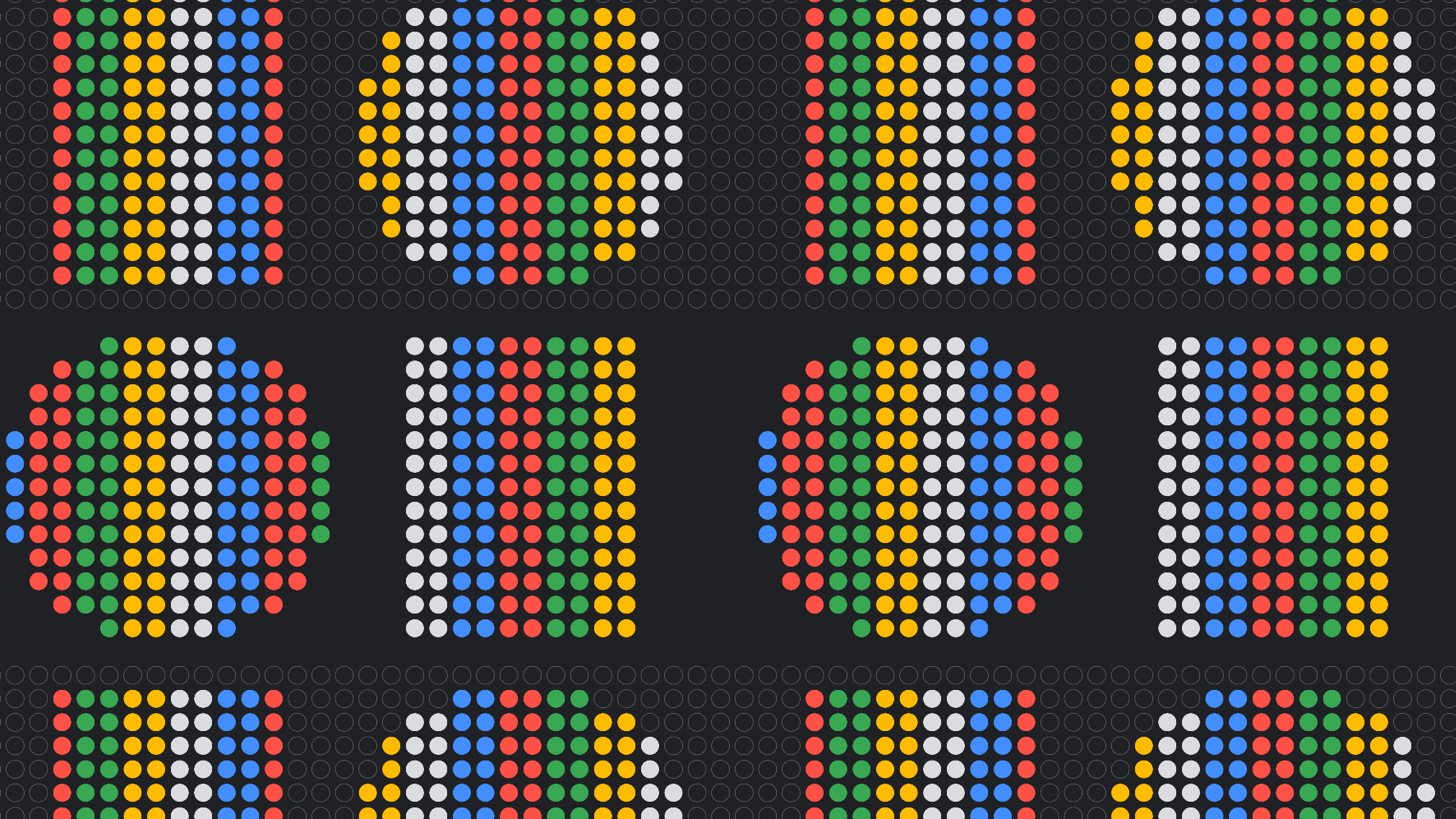
Just like last year, registration for the event is free. You can sign up on the Google I/O website, which will allow you to stay up-to-date with relevant news and content. You don't need to register to view the sessions or the keynote, but it's recommended if you want the full experience or want to create a developer profile for additional benefits.
Google Pixel Tablet
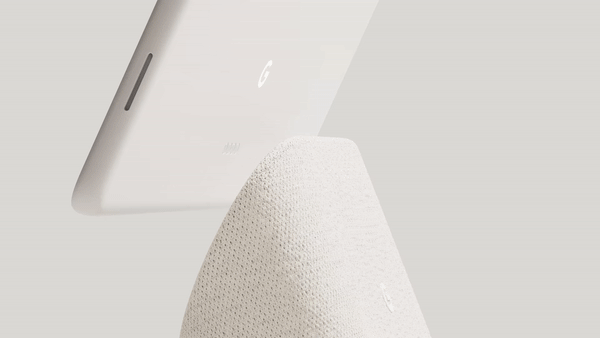
Of the Pixel devices we expect to see at Google I/O, the Pixel Tablet is technically the only one that's confirmed by Google. The company teased the tablet at last year's Pixel event, and it appears the device is positioned somewhere between an Android tablet and a Nest Hub. It'll feature a dock where it'll display ambient information, but instead of running a dedicated OS like Fuchsia, it'll presumably run Android 13, which has been optimized to work better on larger-screen devices like foldables and tablets.
Google still hasn't revealed too much about the tablet, but we know the company plans to release it this year, and I/O looks like the ideal time to do it. And with it, we might here more about Google's smart home plans.
Google Pixel 7a
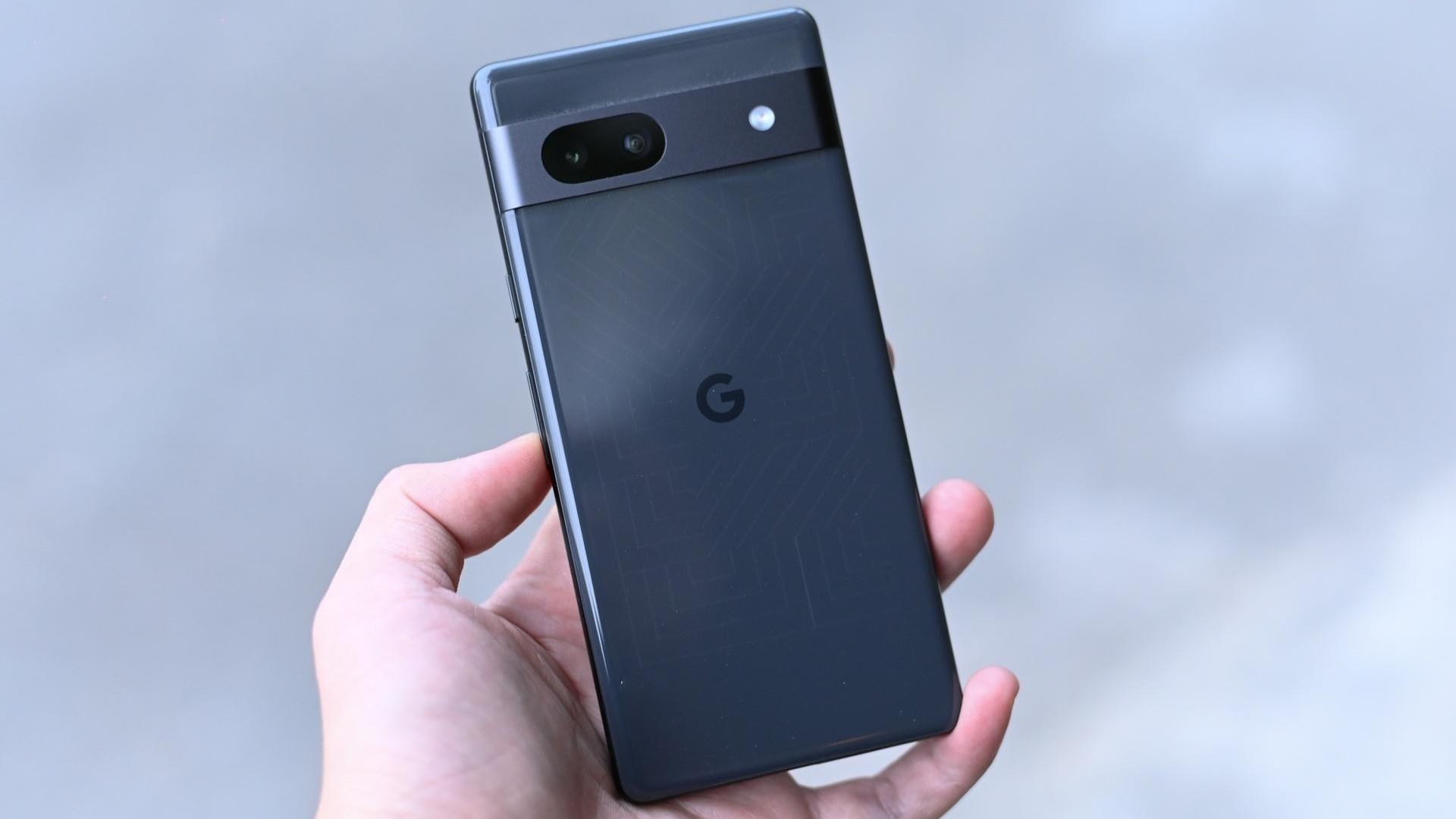
Google hasn't said anything about the Pixel 7a, but we expect the device will be announced during Google I/O, just as the Pixel 6a was. As for the device itself, rumors indicate the phone will sport a higher refresh rate OLED display at 90Hz, matching some of the best budget Android phones.
We may also get a higher-resolution primary camera, and the phone will likely be powered by the newer Tensor G2 chipset, giving it new capabilities beyond the 6a. We're not sure about pricing, but if it's anywhere near what the 6a cost at launch, we could have a sure-fire hit among the best budget Android phones this year.
Google Pixel Fold
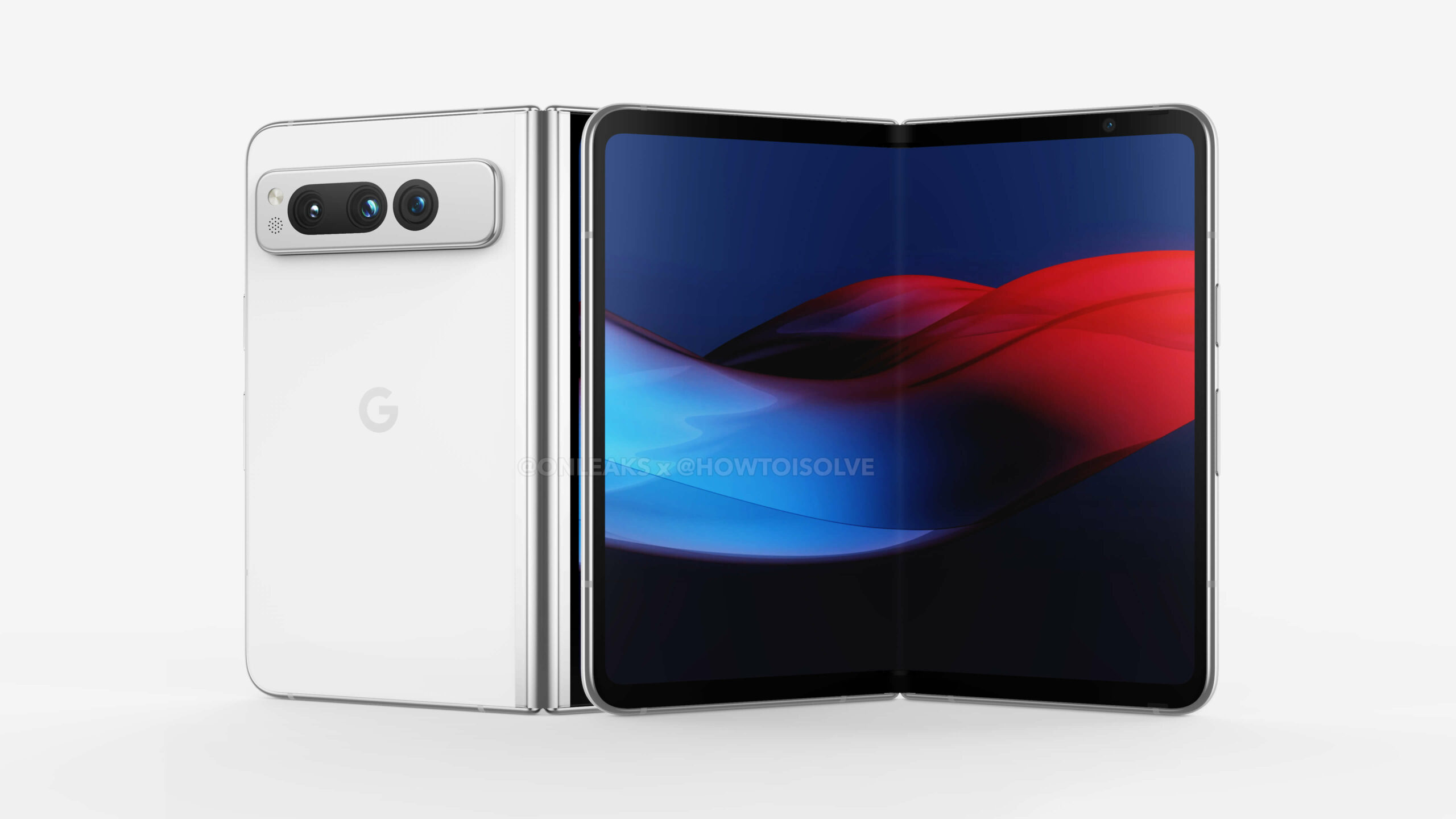
The Pixel Fold has been highly rumored for some time, and while there were doubts that we would actually get the device any time soon, it looks like the stars are aligned for a Google I/O reveal alongside the Pixel 7a.
Quite a few leaks have emerged about the device, from renders to specs, so we have a pretty good idea of what we might expect from the device. It'll likely be wider than the Galaxy Z Fold 4 when unfolded, and the cover display won't be as narrow. Apparently, the internal 7.6-inch display will feature a QHD+ resolution and have a 120Hz refresh rate. The display will have fairly sizeable bezels, which will house the internal selfie camera.
It's likely it'll be powered by the Tensor G2, and recent rumors indicate it will be released shortly after Google I/O, sometime in June. This seems likely, given the fact that the device was seemingly spotted in the wild recently.
Google Pixel 8 teaser
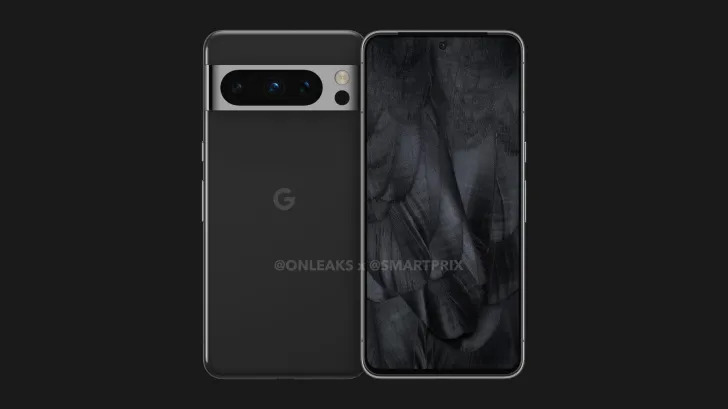
There hasn't been as much talk about the Pixel 8 series, but renders of the Pixel 8 and Pixel 8 Pro have recently emerged, showing phones that look similar to their predecessors but also with some notable differences. For one, both devices will apparently feature smaller displays, 5.8 for the Pixel 8 and 6.5 for the Pixel 8 Pro.
Additionally, it looks like Google is giving its phones more rounded corners, and the Pixel 8 Pro appears to have some mysterious sensor next to the triple camera array. Is Google bringing LiDAR to the Pixel? The Pixel 4 had Soli, so perhaps Google is looking to differentiate the camera system somehow with some interesting tech. Of course, it could also be nothing special.
The Pixel 8 series is unlikely to launch at Google I/O, but like last year, Google may tease the devices ahead of the full reveal later this year.
Android 14
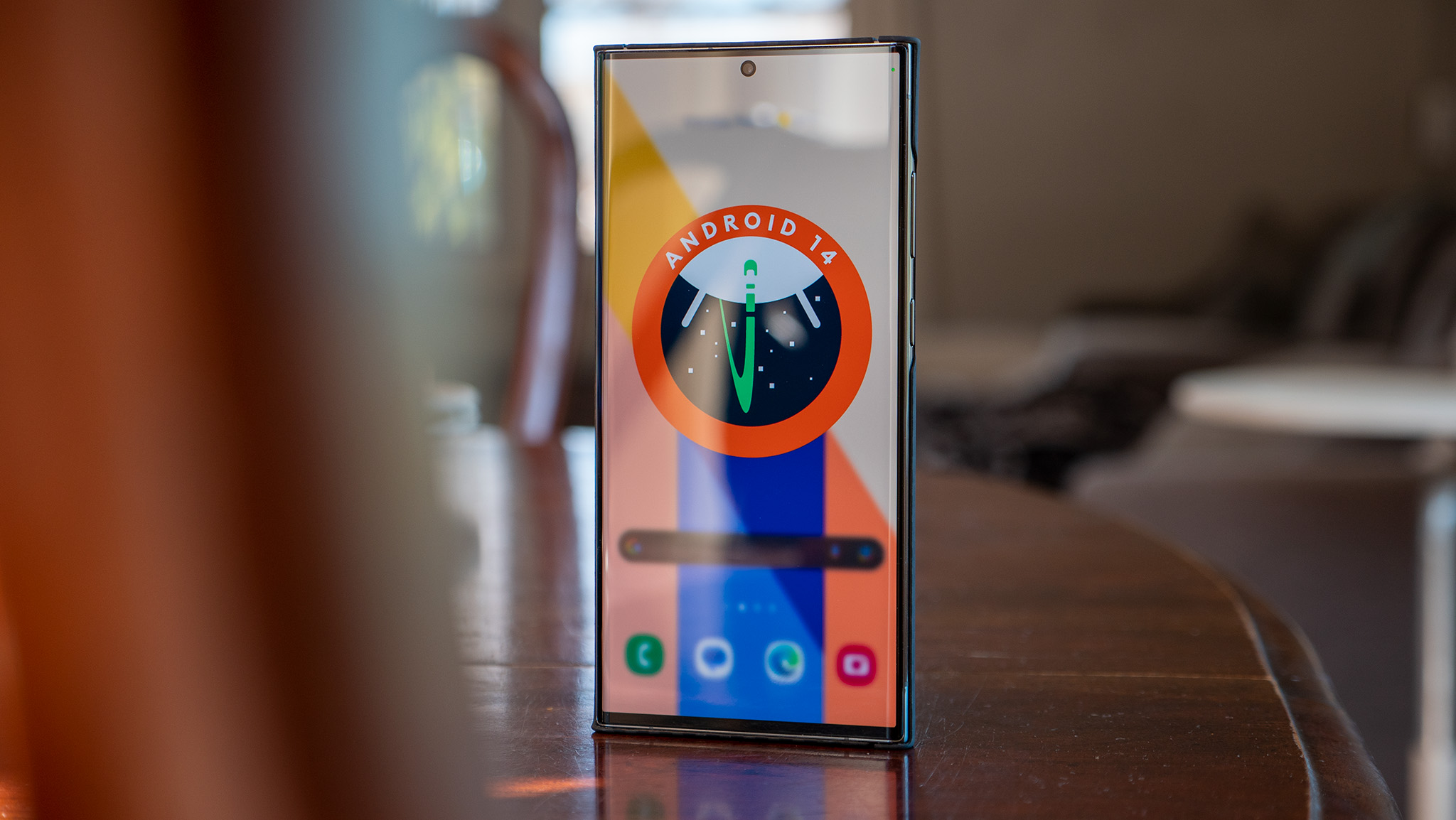
Android 14 has already entered the developer preview stage, so we're already getting a look into the next major version of the OS and seeing what it might bring to our smartphones later this year. We already know that Satellite Connectivity is in the works, plus the developer previews have revealed work on additional language features, additional font scaling, and better background app management to improve battery life. However, Google will give us a much deeper look at the biggest changes and features coming to Android 14.
By the time I/O rolls around, Android 14 will have reached the beta phase, which will also give us a better idea of what to expect when the OS reaches stable later this year.
Lots of AI
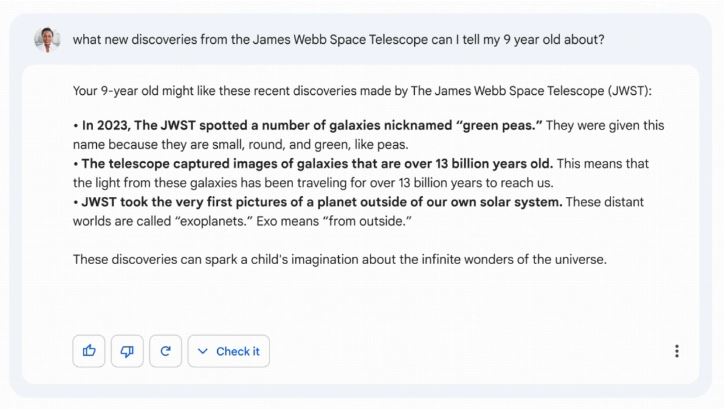
AI has been the talk of the town, with ChatGPT pretty much taking over our lives. Google is no stranger to AI, as it's pretty much part of everything the company does, but it seems the competition is heating up and forcing the company to act. After Microsoft integrated ChatGPT into Bing and Edge, Google announced that it's developing and testing its own AI chatbot, Bard, built on its massive language model.
We're bound to hear a lot about Google's work in this area, as well as other ways the company is bringing AI into our lives. With any luck, it might be able to steal some of the spotlight from ChatGPT.







